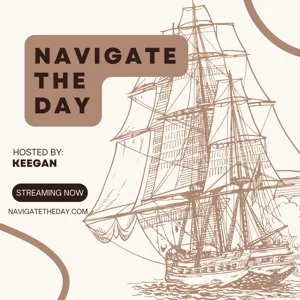103 - Consider the Source

In this episode, Cindy Esliger talks about the pivotal role feedback plays in professional growth. However, while constructive feedback is important, it’s equally important to learn how to navigate the critiques and understand who is offering the feedback. Not everyone will have our best interests at heart, so how can we learn to be more self-reliant and critical in assessing feedback?
The mutual exchange of constructive feedback is key to innovation and collaboration in the workplace. It lays the groundwork for growth and success. The challenge lies in distinguishing between well-intentioned feedback and feedback that has ulterior motives behind it. Cindy discusses the importance of trusting our instincts and learning not to constantly need external validation to make our decisions.
When we receive unwarranted negative criticism, it’s key not to internalize that negativity. Cindy shares five tips for navigating harmful criticism: 1. Pause and reflect, 2. Seek clarification, 3. Focus on the constructive elements, 4. Engage trusted advisors, and 5. Learn to disregard. She elaborates on how to put these tips into action and discusses how to develop a strong positive self-image, one that bolsters confidence. Learn how to seek and respond to the right feedback with Cindy.
Resources discussed in this episode:
—
Contact Cindy Esliger
Career Confidence Coaching: website | instagram | facebook | linkedin | email
















